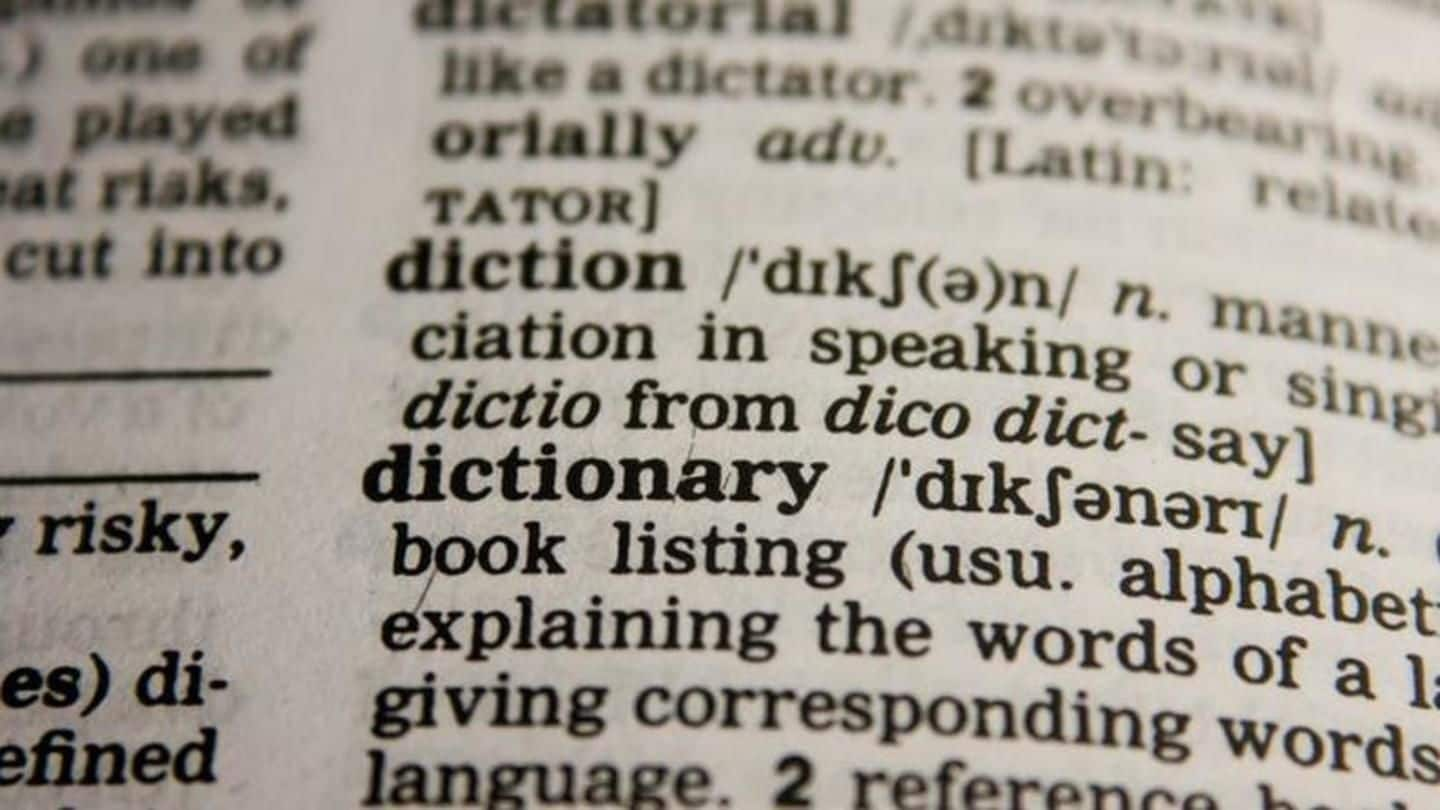
These words are turning 100 this year
What's the story
A century ago, the 'First World War' ended. Most would assume the phrase was coined after there was a second. Surprisingly, it came into being months after the first ended. But apart from the war, many developments were taking place in society. As a result, the English language welcomed at least 524 new words that year. And the way some have changed is astonishing.
WW-I
The beginning, middle and end of the World War I
Expectedly, most new words of that time came due to the war. 'Defeatists' were those who were ready to lose to end the war. The high casualties created 'mass graves;' New York Times called it 'friendly fire' when soldiers came under fire from their own army; and Britain, France and Italy were the 'West.' An 'armistice' was signed at the end of the war.
Phenomena
WW-I showed us the several consequences of war
Those years gave a number of wartime terms. 'Line of duty,' 'biological weapon,' 'recon' and 'triage' were some. But the war had consequences outside the battlefield. As expenses increased, there were financial losses, debts and 'devaluation' of currency. They needed to provide 'welfare'- 'an organized effort to provide for maintenance of members of a group.' Meanwhile, millions 'queued' up at centers for ration.
Changed
These war words have undergone a sea change in meaning
Many war-related terms of that time have completely changed in meaning. 'Stormtrooper' wasn't about Star Wars then; trained German infantrymen were called Stormtroops, singular 'Stormtrooper.' An 'interview' was the military recruiting potential fighters. A 'breakthrough' was when there was major progress in the fight. Soldiers in the US Army had 'dog-tags,' identification tags stamped with the person's name and serial number.
Art
Art and films flourished too
But things were changing elsewhere too. Spencer Williams released a dance number called 'Shim-Me-Sha-Wabble' in 1917, from where we have 'shimmy,' a style of dance. Women got short 'bob' cuts, a radical style then. Filmmakers discovered the 'fade-out' - when scenes would end by going dark. Actors, meanwhile, found that unlike theater, they could do 'retakes' in front of the camera.
Do you know?
The planes took to the skies
The industrial revolution meant a steep slope of change. Back then, a 'troubleshooter' referred to someone working on telegraph/telephone lines. In 1918, the 'altimeter' was measuring altitudes of the newly-invented flights. Soon, passengers knew air travel meant 'turbulence,' a 15th-century word for 'trouble.'
Sex
We now knew of sex drives and climaxes!
Psychoanalysis was on a rising graph, and brought the concept of 'sex drive.' Though 'sex symbol,' 'sex appeal' and 'sex object' were in use much previously, 'sex therapist' didn't make it into a dictionary till 1974. Birth-control pioneer Marie Stopes referred to 'climax' instead of orgasm in her 1918 book 'Married Love,' which brought about the radical idea that women too should enjoy sex.
Society
The society changed the way it talked
As the world around them changed, the society took on new words in their vocabulary. People were using 'blah' ("meaningless talk"), 'snooty' ("arrogant"), "cheerio" ("bye") and 'soppy' ("sentimental") in their conversations. The rapid development meant 'multistoreys' on the ground and new areas of study like 'lifespan' and 'microclimate.' The industrial revolution also meant drastic urbanization, creating 'rurban' areas for better management.